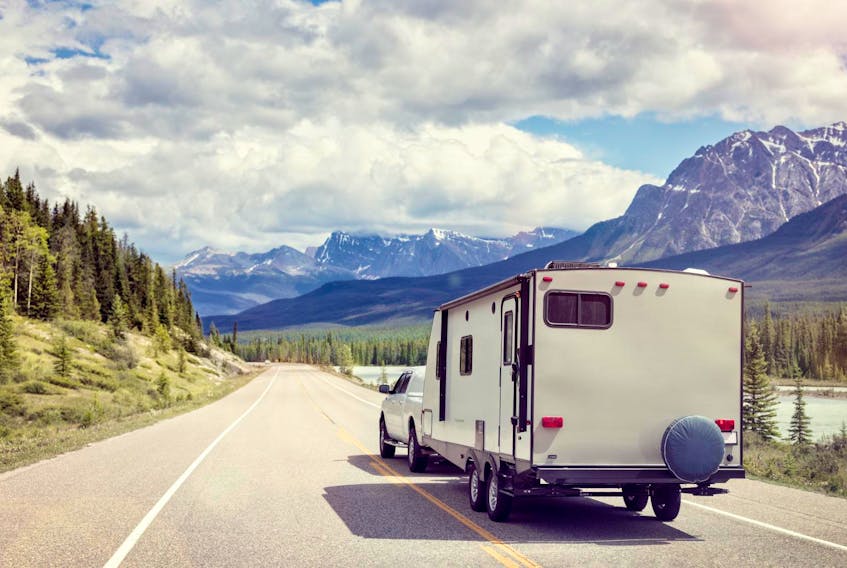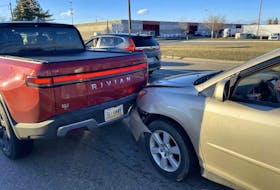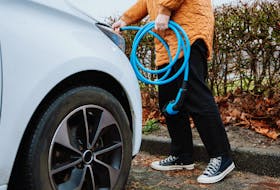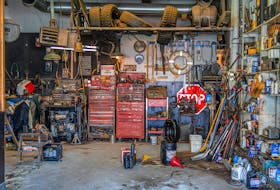With summer soon to arrive, holiday travel plans are on many minds.
Whether just going to a nearby park or travelling across the country, there are many vehicles that will be pulling trailers.
Your trailer may be carrying a small boat or watercraft, a utility trailer to haul building materials and landscaping supplies or a home on wheels to experience living on the road. Regardless of the type of trailer, there are several items to check before venturing out on the road.
If you travel, you have likely noticed several trailers parked on the shoulder of the highway with a wheel off. This is one of the most common problems and can easily be avoided with some preventative maintenance.
Check those tires. Trailers sit for extended periods of time and even though the tread may look fine, the rubber hardens with age. Ten years is often a suggested maximum life span of a tire if exposed to the elements but rubber can deteriorate faster with high heat and sunlight. Look for small cracks in the rubber on the sidewalls and between the tread blocks.
If there are cracks, it is cheaper to replace the tire at your convenience than it is to have one fail on the road, which can potentially damage the trailer and load or even cause an accident.
Next, check tire pressure. Trailer tires typically have higher pressures than passenger vehicles because of the loads they carry. Simply looking at the tire won’t tell you if air pressure is correct because trailer tires have heavy duty sidewall construction and can look fine even when pressures are low. My trailer tires are designed to run at 50 psi but some are even higher. Use that tire pressure gauge!
While checking tires, also check the torque on the wheel nuts. They will likely be good but it is a simple check that only takes a minute. Loose wheel nuts can ruin the hub, wheel studs and the wheel, so why let a loose wheel ruin your trip.
Most trailer axles have wheel bearings that can be repacked with grease. This is often overlooked. For cargo or travel trailers, having the wheel bearings cleaned and repacked with grease every four to five years is often enough but if you have a boat trailer, consider doing it every year. Boat trailers get backed under the water and as the warm bearing hub hits the water, it cools and sucks in water past the wheel hub seals.
If this water is left in the bearings for extended periods of time, it will cause rust and bearing failure. When a bearing fails, it sometimes damages the axle shaft as well, so instead of a simple bearing change, you are looking at buying a complete new axle.
Next on the safety check list is connecting the trailer to the vehicle. Make sure the trailer ball on your vehicle is the correct size for the trailer you are towing. Light duty trailers often use a 1 7/8 inch or two-inch diameter ball, while heavy duty trailers may use a 2 5/16 diameter ball. Always match the ball size to the trailer coupler.
Trailer safety chains are just that — a safety item. They should be crossed beneath the hitch and connected to the vehicle with ample free play so the trailer can turn corners but not let the chains drag on the pavement.
Hopefully you will never need the safety chains but if the coupler comes undone or a hitch pin isn’t secure, you will be glad the safety chains were in place. It’s a scary sight to see a trailer come loose from a vehicle and roll down the street into oncoming traffic.
The hitch on your vehicle should also match the trailer gross weight. Class I hitch capacity is 2,000 lbs. Class 2 hitch capacity is 3,500 lbs. Class 3 hitches can haul 5,000 lbs. and Class 4 hitch capacity is 10,000 lbs. Also check the towing capacity of your vehicle. Just because it has a Class 3 hitch installed doesn’t mean it can haul 5,000 lbs. Your vehicle may only have a towing capacity of 3,000 lbs.
Finally, connect the trailer lights and check their operation every time you tow. Use trailer mirrors if necessary for wider trailers and don’t be in a rush when towing. It’s better to arrive safely than it is to try and get there a few minutes early.
Jim Kerr is a master automobile mechanic and retired teacher of automotive technology. Send your questions for Jim via email or mail them to: Herald Wheels, 2717 Joseph Howe Drive, P.O. Box 610, Halifax, N.S. B3J 2T2









